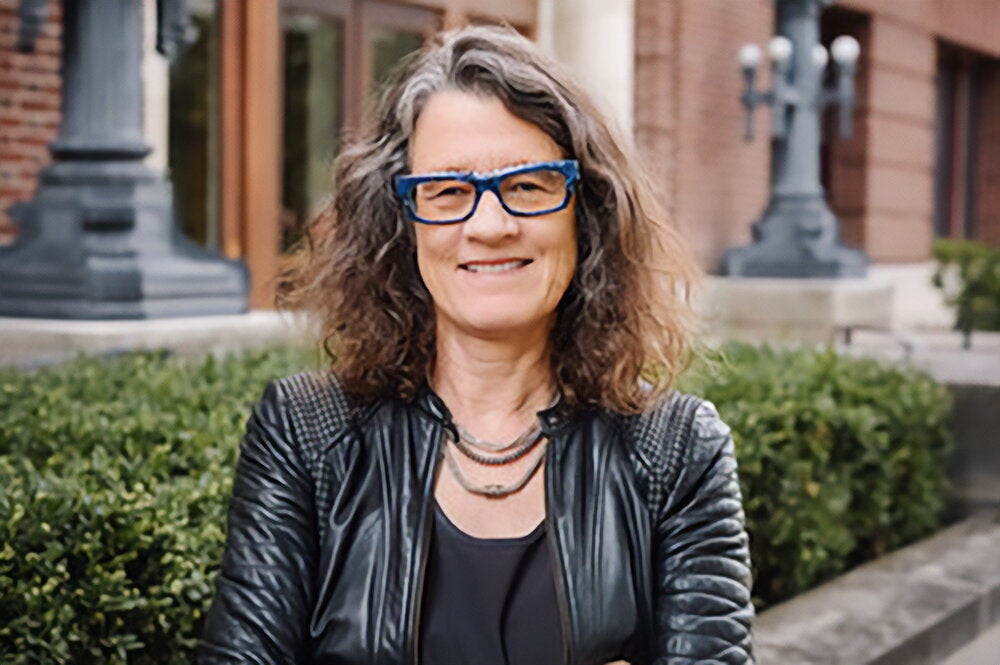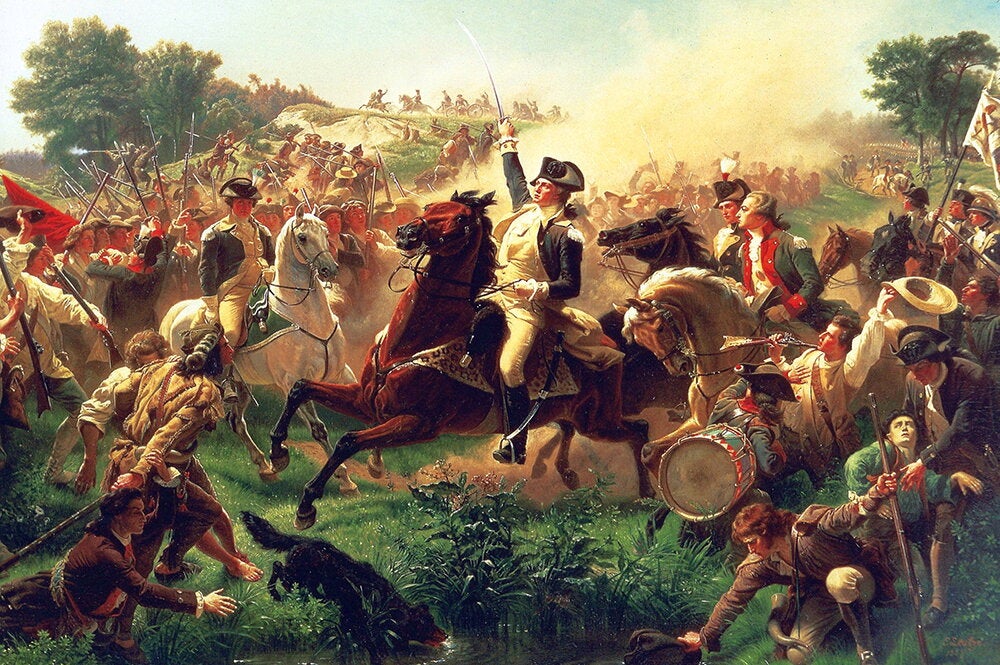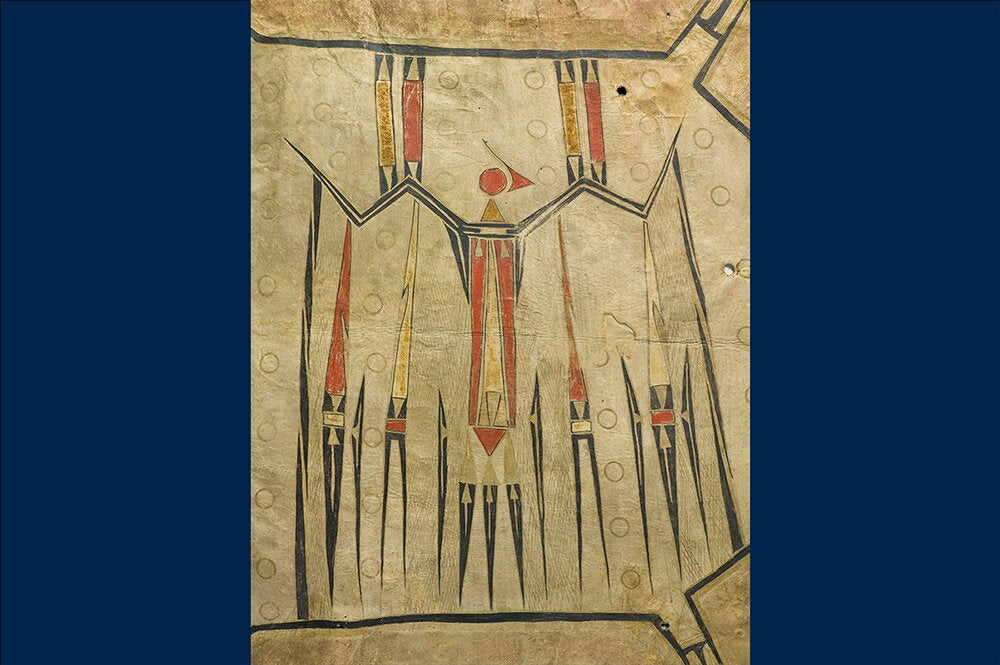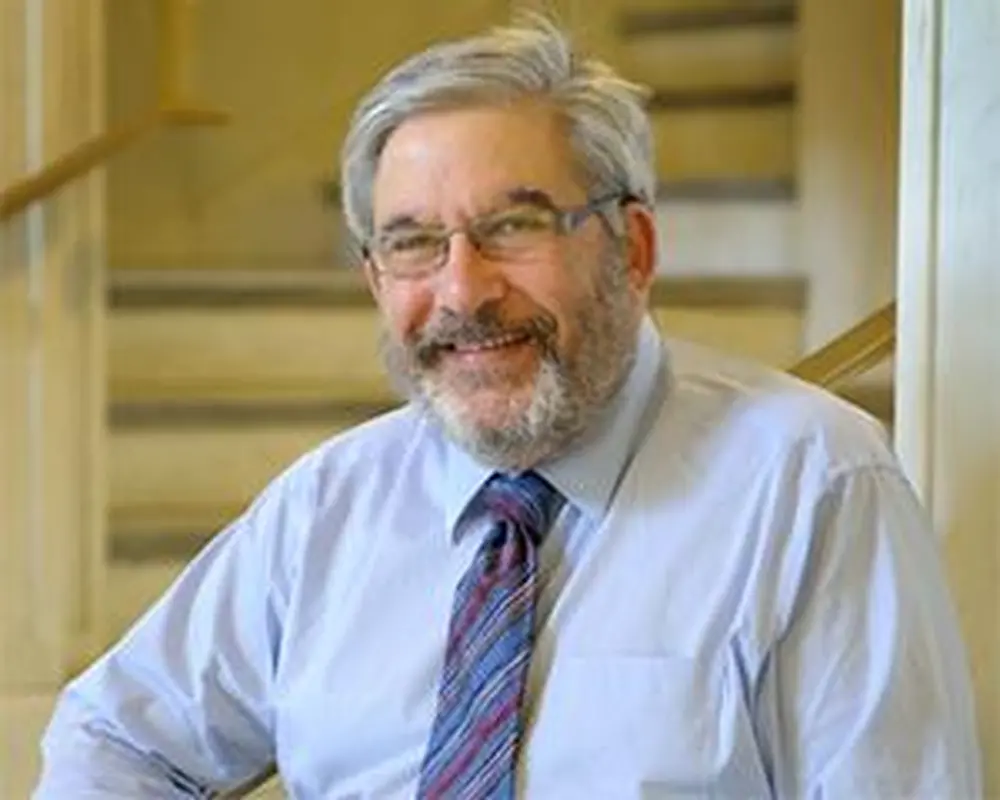
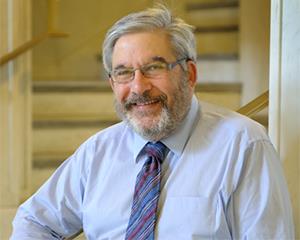
Before he even sits down for an interview in an Urbana coffee shop, Mark Leff feels compelled to say something. He gave another writer a similar warning 15 years ago, after being named professor of the year in Illinois by the Carnegie Foundation.
“You hit the jackpot: What has to be the campus’s most boring story,” the history professor replied when asked for an interview.
The story in 1998 started with Leff’s claim that he was boring, too. Maybe it’s just too hard for a writer to resist, as it captures Leff’s self-deprecating style—one former student calls it his “irrational humility”—while setting up the storm of evidence to the contrary.
Competing claims are easy to find. Julilly Kohler-Hausmann, one of Leff’s many former graduate students, found one in a bar in New York City, where she met an alum who remembered just one professor’s name from U of I: Mark Leff. Ironically, the alum never even took a class from the history professor. He’d only heard others rave about him.
“[Leff] really has made an incredible difference in a huge number of lives,” says Kohler-Hausmann, now a professor of history at Cornell University.
Much has changed since that story in 1998, too. Instead of standing at the midpoint of his career, Leff is a year past retirement. And instead of having just received a national teaching award, Leff says he can think of only one reason to be interviewed: To help spread the good word on the Department of History and its students.
Leff’s sense of responsibility to a greater cause is no small thing. It does more than bring him to a noisy coffee shop for an hour-long interview; it’s reflected in his teaching of American history. It’s not lost on Leff that the building where he spent most of his career—Gregory Hall—was constructed during the Great Depression as part of the New Deal, and is symbolic of a public trust in higher education.
“We are the University of Illinois, and there are obligations to that,” he says. “It’s not just the opportunities that this place offers us, it’s what difference we can make for the state.”
It’s reflected in how he structured his classes, where, through probing debates and discussion, he strived to be more than a “Walmart greeter for history,” he says—that is, he did more than introduce students to a storehouse of dates and facts. He worked to make them think critically and put themselves in the context of events from McCarthyism to the 2012 shooting of Trayvon Martin.
Challenging assumptions is not easy. Given the thousands of people he’s taught, Leff quips that he has more people who consider him an “unpleasant experience” than most people in the country, but it’s safe to say the vast majority of his students remember him fondly. He has a slew of campus teaching awards to accompany the Carnegie award, and over the years students rated dozens of his classes as “excellent” during evaluations.
Kohler-Hausmann, who studied under Leff for seven years as a graduate student, says his teaching matches his demeanor. His ability to analyze a thought or idea on its own merit would have made him an ideal advisor even if she had been studying ancient China instead of American history, she adds.
“He’ll always start his questions by talking about how he couldn’t possibly have anything productive to talk about, and he doesn’t understand anything,” she says. “And then he’ll proceed to ask a question that reveals everything you’re saying is flawed in five critical ways.”
It’s no accident that Kohler-Hausmann speaks of his career in the present tense. He still critiques her research and writing, as he does for others. Leff still follows historical research, attends conferences, and runs workshops for high school teachers.
And he still teaches, albeit on a lighter schedule. During the past year he taught a course for the campus honors program and another at the Osher Lifelong Learning Institute, for retired students. He plans to volunteer time teaching prisoners through U of I’s Education Justice Project.
Ultimately, however, this story is about how Leff’s teaching legacy has endured. Upon Leff’s retirement, former department chair Jim Barrett called him “the heart and soul of our scholarly community,” and history professor Mark Micale noted how many students became history majors because of Leff’s courses.
“Mark’s commitment to fairness and justice in all life arenas—from the local to the global, and whether historical or contemporary—was powerfully evident,” he wrote, in an article following Leff’s well-attended retirement event in 2012.
The department recently named an undergraduate award after him (see below). They wanted to ensure that the award becomes permanent, and naming it after one of the most popular professors at the U of I seemed a good way to do it.
As for Leff, you’ll see him on campus as long as he’s helpful, he says. He can walk from his house to Gregory Hall, where there’s a quote engraved above the building’s west door. Leff says it gets to the core of what he’s tried to teach all these years.
The exact wording of the quote eludes him as he sits in the coffee shop—Leff would be the first to remind you that historians don’t just memorize stuff, anyway—but for the record, it’s a quote by John Gregory, the first president of the U of I.
“It is much easier to learn and remember,” it reads, “than to investigate and think.”
Mark H. Leff Prize for Outstanding Thesis Fund
What it is: The Department of History encourages scholarship by offering a $1,000 prize to one graduating student per year for an outstanding honors thesis. The fund was recently named after Mark Leff to honor his career and contributions in history education at the U of I, and in hopes of helping the award become permanent.
What they hope to raise: $25,000
How to give: www.history.illinois.edu/giving
